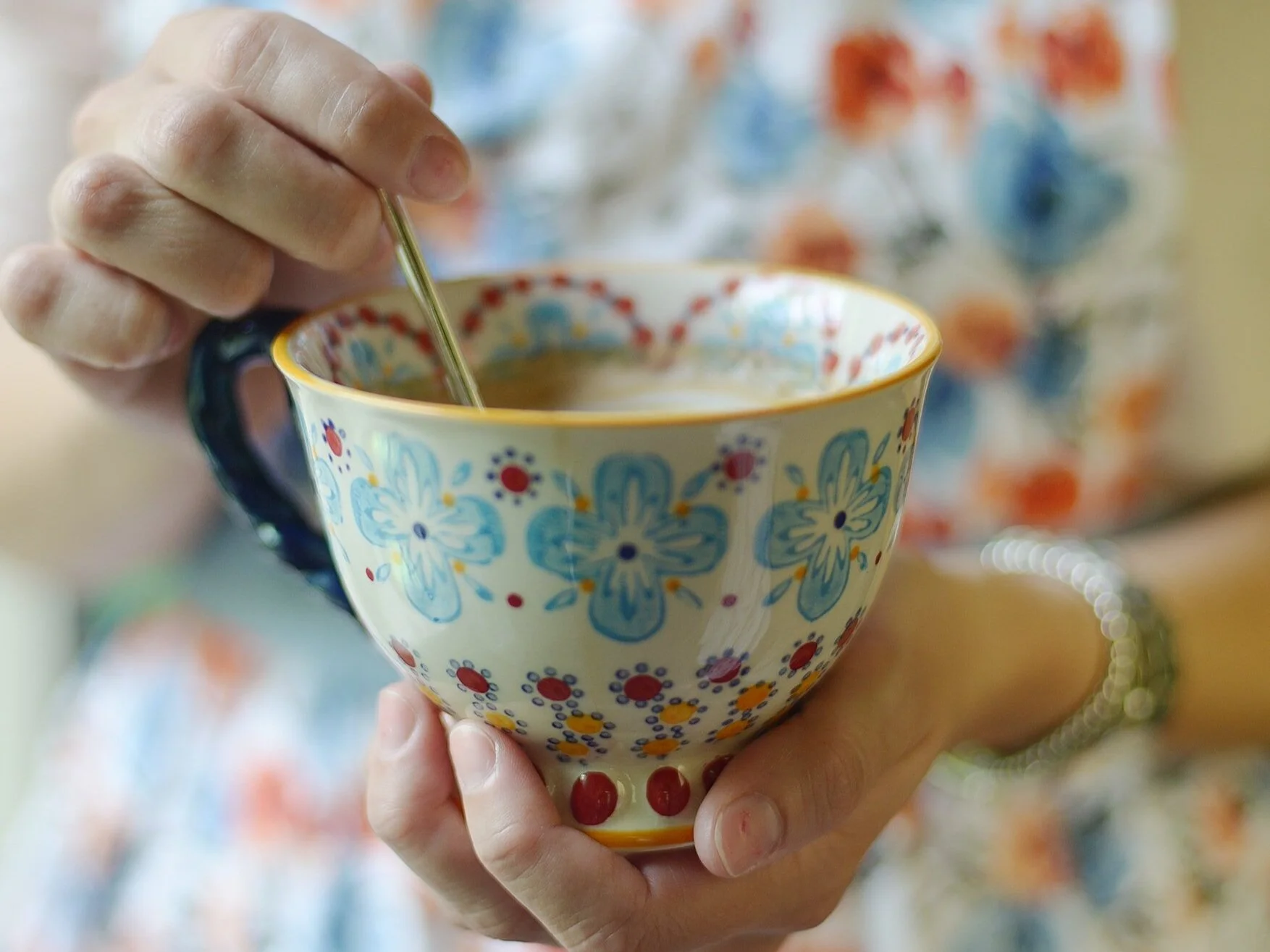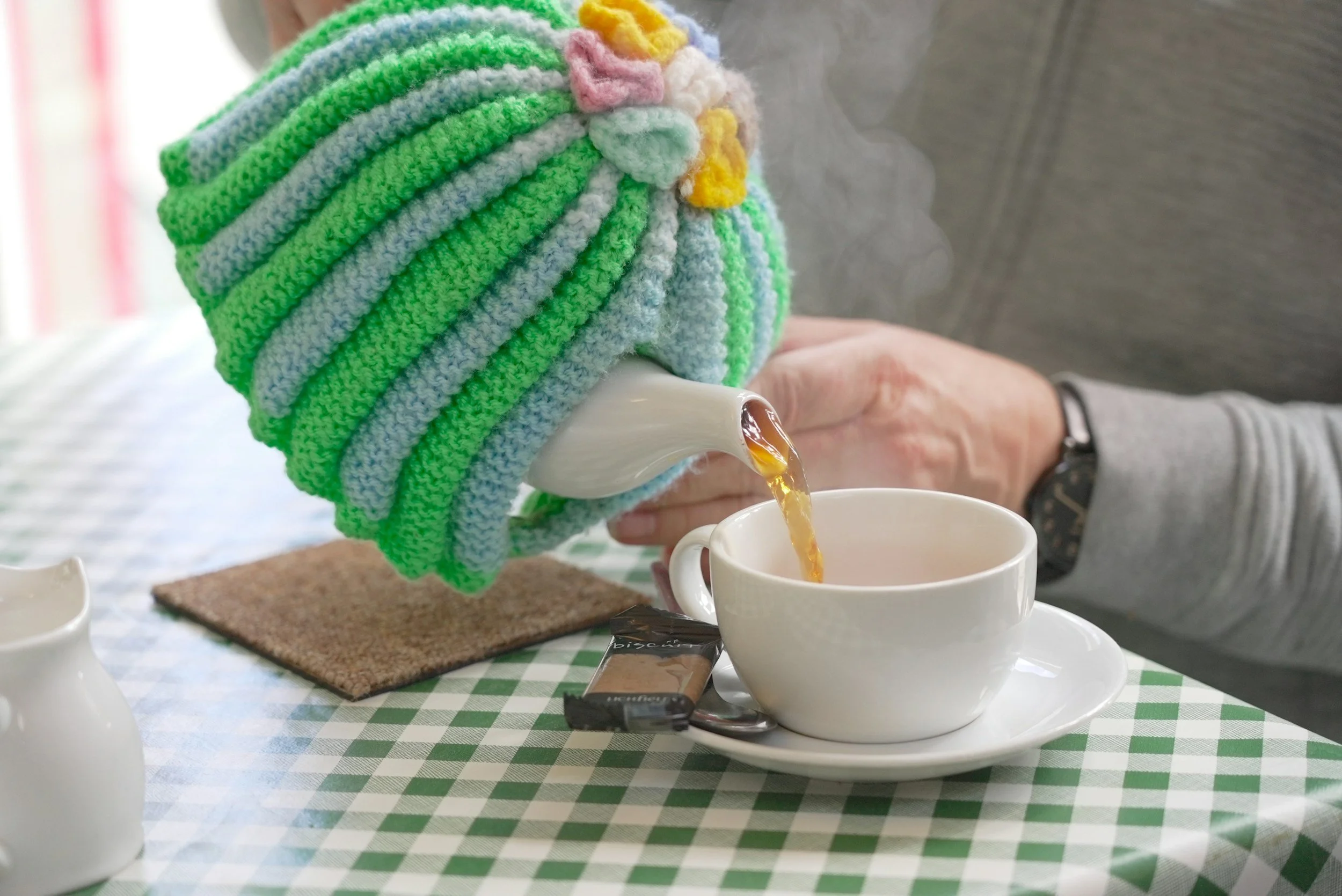A Muslim Woman’s Guide to Understanding Menopause
Menopause is a crucial and inevitable phase in a woman's life, marking the conclusion of her reproductive journey. This natural process typically unfolds in the late 40s or early 50s, signaling the end of periods and a decrease in reproductive hormones like estrogen and progesterone. While menopause is a shared experience among women, its effects can vary widely from one person to another. When we understand and navigate this period of change with wisdom, it brings about beneficial shifts in our physical, emotional, and spiritual well-being.
As a mature woman in my late 40s, I realized that when I began to grasp the physiological transformations that I would inevitably face, it helped me take charge of my health and make informed choices about what I put in my body. Menopause is not something to fear — it is something to approach with knowledge and tawakkul, trusting that Allah SWT designed our bodies with wisdom.
I like to think of it as the reverse form of puberty: just as our teenage years prepared us for womanhood, menopause prepares us for the wisdom years ahead.
Perimenopause: The Beginning of Menopause
Perimenopause is the transitional phase leading up to menopause, which is the point when a woman stops menstruating and is no longer fertile. It usually begins in a woman’s 40s, but can sometimes start in the late 30s. The duration varies for each woman, but it commonly lasts around four to eight years.
During this stage, hormonal fluctuations, especially in estrogen and progesterone, can cause physical and emotional symptoms such as irregular cycles, sleep problems, mood changes, or hot flashes.
It is a stage that requires patience, self-care, and lots of ibadah to cope as these years of fluctuation eventually give way to stability again.
Menopause: The Last Menstrual Period
Menopause is officially diagnosed when a woman has gone 12 months without menstruating. The average age is about 51, though it can occur earlier or later.
Some of the common physical changes associated with menopause include:
Hot flashes — sudden feelings of heat with sweating or flushing.
Skin and hair changes — reduced collagen may cause dryness and changes in hair texture.
Bone density loss — lower estrogen can increase the risk of osteoporosis.
Mood changes — hormonal shifts can make women more prone to stress or emotional ups and downs.
Cognitive difficulties — some women experience forgetfulness or brain fog.
These are real challenges, but they don’t define us. As Muslims, we know the body is an amanah, a trust from Allah SWT, and we are responsible for caring for it.
Managing Menopausal Symptoms
Doctors like to prescribe Hormone Replacement Therapy (HRT) for older women, but it carries risks. Personally, I prefer to explore natural methods of balancing hormones, such as applying wild yam cream to raise progesterone, along with lifestyle changes.
Exercise, healthy eating, the right supplements and herbs, and stress-reduction techniques (like tahajjud, dhikr, and deep breathing, moments of solitude, etc.) all contribute to easing the transition. Even simple habits like walking outdoors, drinking nutrient-rich water, and sleeping early can make a difference.
The Prophet SAW taught us moderation in all things, including food. He said:
“The son of Adam does not fill any vessel worse than his stomach…” (Sunan al-Tirmidhi).
Eating with balance, keeping carbs and sugar low, and including wholesome foods aligns with both sunnah and health wisdom.
Postmenopause: Embracing the New Normal
Alhamdulillah, many symptoms diminish or disappear after menopause. This stage of life is not an ending but a new beginning. It is a time to reflect on the experiences you’ve accumulated, enjoy the blessing of grandchildren, and most importantly, deepen your closeness to Allah SWT.
In fact, in some ways, ibadah can become easier! Without our monthly cycles, there are no breaks from prayer or fasting, and many women find that they are able to establish a new rhythm of worship and consistency. It is such a gift from Allah SWT that as our bodies slow down, our souls have more space to rise.
Menopause is also a time of wisdom, and Allah SWT speaks of old age with honor in the Quran, reminding us that every stage of life has its dignity.
A Chapter of Grace, Not Decline
Menopause is not the end of vitality but a transition into a new phase filled with wisdom, perspective, and spiritual opportunity. Yes, there are hot flashes, mood swings, and body changes, but there is also freedom, reflection, and a chance to prioritize what truly matters.
This is the time to embrace who you are as a complete woman: experienced, wise, and ready to invest your heart in worship, family, and community. It is also a time to support other women by speaking openly, sharing remedies, and reminding each other that we are not alone.
Menopause is a life-changing journey, but it is also a reminder from Allah SWT that this dunya is temporary, and we are moving steadily toward the akhirah. Let us, as believers, take care of our bodies, honor our years, and walk this path with strength, grace, and sakina in hopes for a blissful akhira, inshallah.
Helpful Resources
I found this video on menopause by Dr. Berg really helpful, and I have shared some of the vitamins I am taking in the list below:
Salaam, I’m Zakeeya
I believe our homes are meant to be havens of sakina—places where families feel safe, nurtured, and loved. Since 2011, I’ve been dedicated to helping Muslim women find tranquility in their roles, care for themselves with dignity, and achieve inner peace. Drawing on my years of experience as a wife, mother, and mentor, I share tools and guidance to help you face life’s challenges with more gratitude and mindfulness. Here, you’ll find Muslima, wifehood, motherhood, and lifestyle insights to make your journey as a woman more fulfilling, inshallah. Read more about me here.
Get Support For Your Struggles
You don’t need to suffer alone
Life’s tough, but so are you. You simply need direction and help from someone experienced, empathetic, and understanding.





























